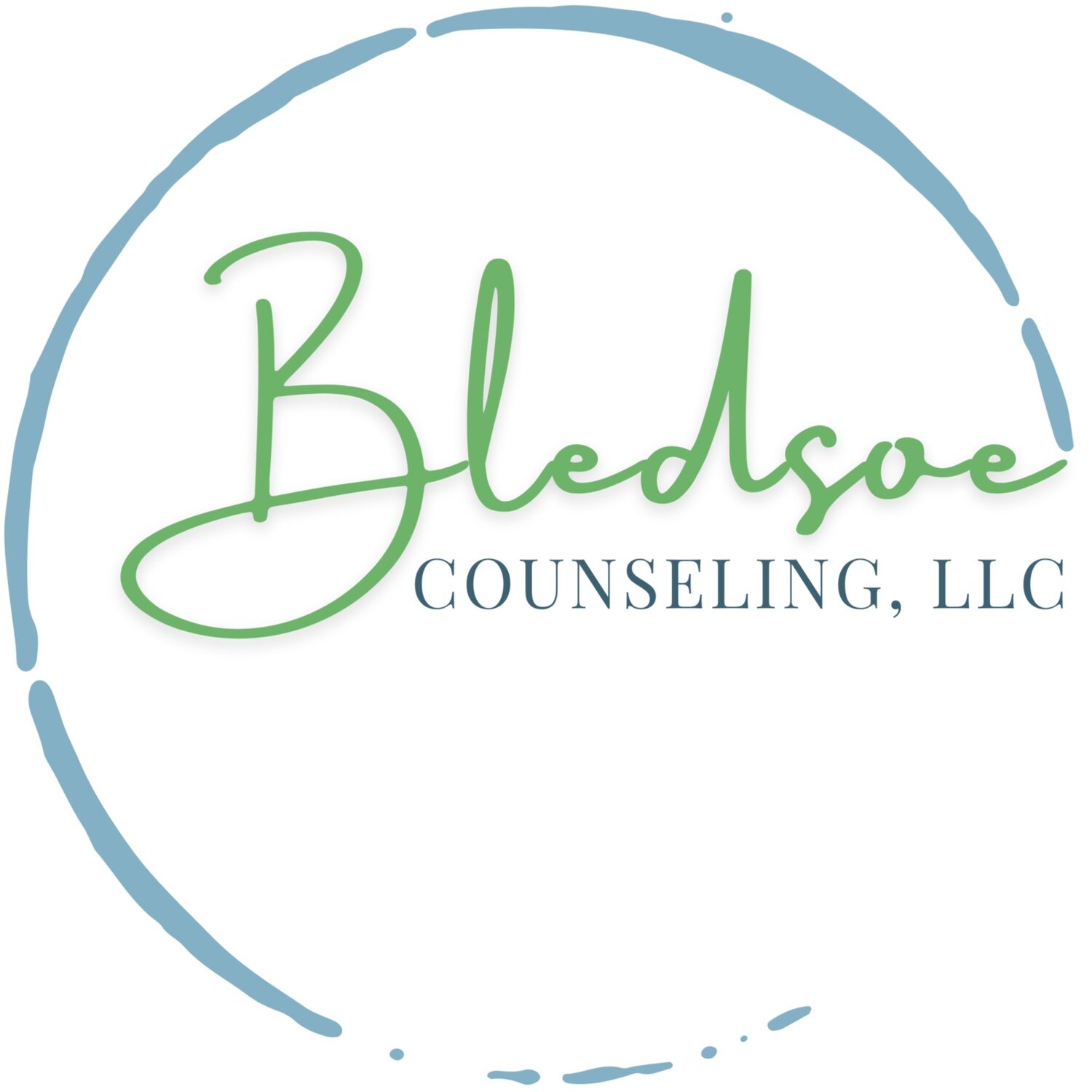Effective Communication: Building a Strong Therapist-Client Relationship
Effective communication is essential in therapy. At Bledsoe Counseling, we recognize the significance of clear and open communication between therapists and clients. In this article, we will explore valuable tips for effective communication with your mental health therapist to ensure a positive and productive therapeutic experience.
Be Open and Honest: Honesty is crucial in therapy. Create a safe space by openly sharing your thoughts, feelings, and experiences. Your therapist provides a non-judgmental environment where you can be yourself.
Set Goals and Expectations: Define your therapy goals and expectations. By communicating these to your therapist, you can create a tailored treatment plan focused on your objectives.
Ask Questions: Don't hesitate to ask your therapist for clarification or information about the therapeutic process. This promotes a deeper understanding and active engagement in your treatment.
Provide Feedback: Offer feedback to your therapist. Sharing what is working and what may need adjustment helps personalize your therapy for better results.
Express Challenges and Concerns: Address any challenges or concerns you encounter during therapy. Open dialogue allows for collaborative problem-solving and progress.
Practice Active Listening: Engage in active listening during therapy sessions. This promotes understanding, self-awareness, and active participation in your healing journey.
Conclusion: Effective communication is key to a strong therapist-client relationship. At Bledsoe Counseling, LLC, we value open dialogue and provide a supportive space. By being open, setting goals, asking questions, providing feedback, expressing challenges, and practicing active listening, you can foster a meaningful therapeutic experience. Dr. Bledsoe is here to guide and support you on your path to improved mental well-being.
